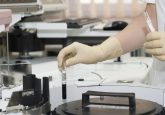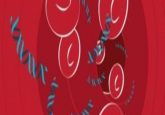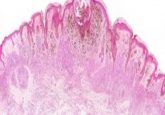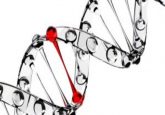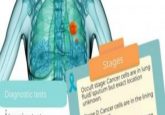Fifteen further breast cancer genetic risk ‘hot-spots’ identified
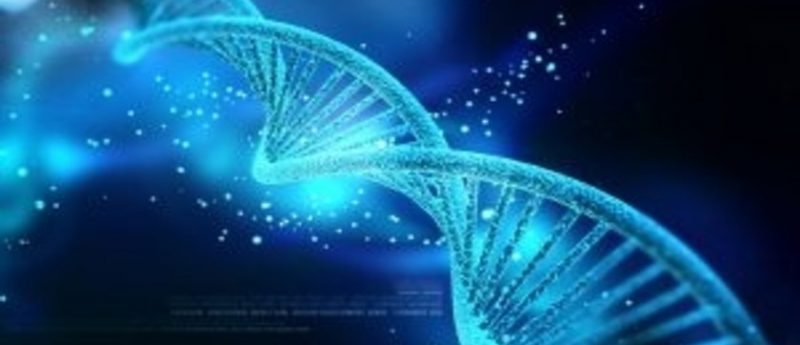
In a study funded by Cancer Research UK and published recently in Nature Genetics, researchers have identified 15 new SNPs that are linked to higher risk of breast cancer, taking the total number of SNPs found to be associated with breast cancer thus far to 90. It is hoped that high-risk women can be better identified using these newly discovered genetic markers, with positive implications for improved cancer screening and prevention.
Dozens of scientists across the world participated in the study, working together in the Breast Cancer Association Consortium, part of the Collaborative Oncological Gene–Environment Study. The team analyzed small variations in the genetic makeup of >120,000 women of European ancestry with and without breast cancer.
Almost 50,000 women are diagnosed with breast cancer in the UK each year, equating on average to one in every eight women in the UK developing breast cancer in their lifetime. The study estimates that in approximately 5% of women, breast cancer risk doubles (taking the risk up to one in four) due to genetic variations; similarly, 0.7% of women possess genetic variations that make them three-times more likely to develop breast cancer (increasing the risk to one in three).
Although each genetic variation alone raises breast cancer risk by a small amount, it is the combination of many of these variations in one woman that adds up to a more significant increase in risk.
Doug Easton (University of Cambridge, UK), one of the authors of the study, commented: “Our study is another step towards untangling the breast cancer puzzle. As well as giving us more information about how and why a higher breast cancer risk can be inherited, the genetic markers we found can help us to target screening and cancer prevention measures at those women who need them the most. The next bit of solving the puzzle involves research to understand more about how genetic variations work to increase a woman’s risk. And we’re sure there are more of these variations still to be discovered.”
Nell Barrie, Senior Science Communications Manager at Cancer Research UK, commented: “We’re gradually uncovering breast cancer’s secrets at a genetic level and learning how best to tackle this disease which still claims far too many lives. This latest study adds more detail to our genetic map of breast cancer risk and could help to develop new ways to identify women most at risk so we can spot breast cancer earlier in the future.”
Source: Cancer Research UK press release
